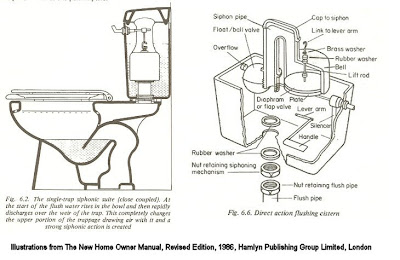When we lived in London in the 70’s a business acquaintance form New York was in town on business. As neither of them had been to England before, the guy brought his wife along for the trip. Susan and I invited the couple for a meal one evening. They were naturally interested in in our life in London; me as a foreigner and Susan as somebody married to one.
The couple were staying at a hotel at Lancaster Gate in the centre. It seems that they had decided to take a walk in the neighbourhood of their hotel. This area of London is very densely built up with most of big, old house broken up broken up into flats. It’s about a ten minute walk from the hotel to Paddington Station. Across Bayswater Road from the hotel is Hyde Park. So, it’s a real city centre sort of area.
Over dinner they told us how much they were enjoying getting to know London, but they were curious about one thing: Why were there no supermarkets in London, where did Londoners buy their food? Of course, we explained that there were, in fact, supermarkets in London. We mentioned that we did a weekly shop at our local Safeway in Kensington. The point of this little story is that generalizing from a limited sample is rarely a good way to come to conclusions about a new place.
One recurring theme with BBC Radio 4’s commentators and interviewees is that, on visiting the US, people found American television, particularly the news programs, to be pretty bad. I’ve often wondered about this because TV here, in my opinion, is about the same level of quality as the American counterpart: some of it’s good and some of it’s not. The most common complaint about TV news in the States is that it’s all local with no international coverage. At 6:30pm most evenings we watch the BBC West Midlands regional news program. Surprise: there is no international news covered on this show; it’s local! Is it possible that Brits visiting the US turn on the TV in their hotel room and get the local New York or Los Angeles, or more likely, the Orlando or Las Vegas, news?
Generalizing from the particular, if I ever heard it!








